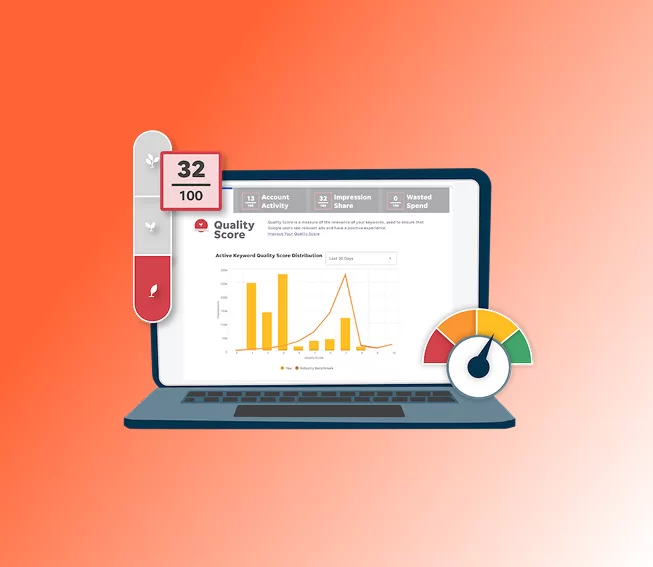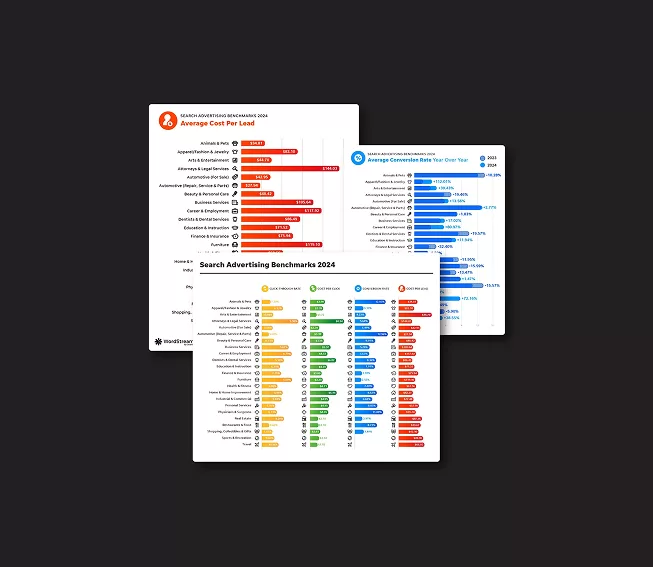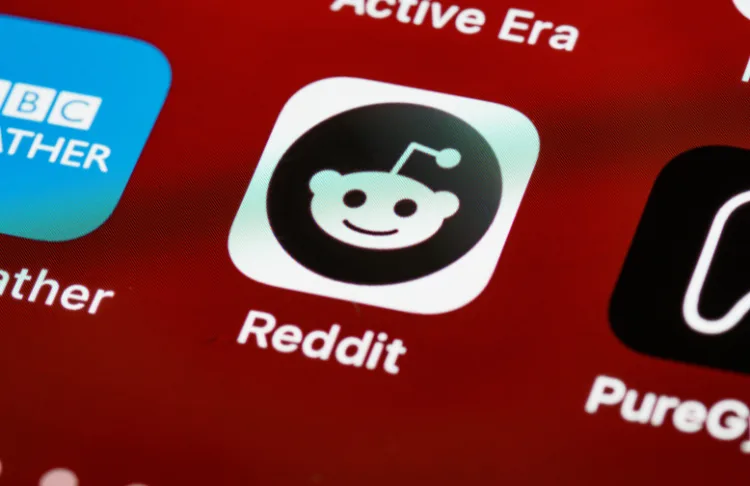We know that in healthcare, data and research can go a long way to making a good marketing strategy great. Especially in such a consumer-centric field, truly knowing and understanding patients is a huge asset. And with so much going on in the healthcare space right now, having a partner that has access to data and insights can help set you apart.
At LOCALiQ, we have a team of healthcare marketing experts who pull together proprietary and industry research and help our hospital marketing clients develop effective strategies that connect with their consumers. One of those experts, Senior Sales Engineer Melissa Kopac, talked to us about how she supports healthcare marketing pros across the country, what she thinks are the biggest challenges hospital marketers face today, and what she looks for in a healthcare brand.
Hi, Melissa! We’re excited to talk to you today. So, you work with a lot of hospital marketers. What have you seen as the biggest challenges they’ve faced since COVID-19 started?
The messaging strategy has changed because we went from focusing on marketing their brand and service lines to focusing on proper COVID-19 communication and safety measures, while also celebrating their staff.
Safety has always been a top priority, and it continues to be a top priority for the health systems as well as patients, even more so now.
Many patients had to cancel appointments, or their provider canceled appointments for them, and now health systems are starting to re-open, so it’s a matter of getting those patients back and reassuring them that it is a safe environment. And, reminding them they need to focus on their long-term healthcare needs because they can have a better chance of fighting this in the future if they’re healthy.
There’s also been a need to educate around telemedicine.
How have they been communicating these priorities to patients?
They’ve been relying on their standard messaging strategies but making those changes to the actual messaging.
We have seen a surge in email marketing because they can reach their existing patient database as well as new potential patients.
Many are also using branded content and content marketing to educate consumers about safety and what they’re doing to help right now. It’s about laying it all out there for them so they can really understand what these healthcare safety standards look like, what telemedicine is, and even the rules and precautions the patients can expect during a visit.
What are some new ways hospital marketers can think about content marketing right now?
I’ve seen that patients tend to want to really connect with one person that they know of. So really putting, say, a doctor or some sort of social influencer at the forefront and creating a campaign that has this one person who becomes the expert. That’s really what drives the patient to have trust in that health system because they believe in that individual person. And that’s the feeling we’re really trying to create.
Have you seen any examples of this done well?
Yes, one of our team members created a really great video campaign for a healthcare brand with a social influencer. The series was hosted by a well-known local influencer, and they used the videos and branded content in a campaign that was really focused on building them as a brand through their content rather than just pushing out articles. By aligning with a local personality that consumers know and love, the hospital created a strong emotional brand and a relationship built on trust with the consumer.
It’s similar to how we have our own one-sided relationship with celebrity bloggers and Instagram influencers. They don’t know who we are, but we know them! We trust their content and recommendations, which in turn leads to buying the products they endorse. The same can be said for healthcare marketers that are building brand recognition amongst consumers. So that was a great example of how a hospital executed on that.
What challenges do you think healthcare brands face in general?
Brand reputation and education have always been a big challenge – making sure patients know who they are and what they offer. Now, it’s even more important to invest in that brand reputation and make patients aware of how they’re addressing COVID-19 from a local standpoint as well as how they can best promote their service lines, whether it’s telemedicine or necessary in-person office visits, and what safety precautions they’re taking.
You’ve mentioned that building trust and emotional connections are really important. Why?
Patients want emotional connections. We’ve learned through our research and in our research study that consumers want to hear patient stories and how their healthcare providers guided them through their journey. They don’t want to feel like it’s all scientific.
So many stories we’ve seen, especially now, are about how patients are overcoming COVID-19 and how their healthcare providers are supporting them through that journey.
These types of stories have high engagement amongst readers as it’s relatable and tugs at the heartstrings.
So, you guys are presenting a lot of the research and stories you’re creating to hospital brands, but then you have to get their stakeholders on board. How do you get them on board with new ideas and solutions?
It’s definitely through the research and data because it supports everything we do. It leads the conversation.
We’re talking to different levels of marketers on the hospital side, but then they need to go to their key decision-makers such as the board of doctors. We work with them as if we were an extension of their team, so when they are pitching their marketing recommendation to the decision-makers, they will be completely educated on the research and solutions we are offering.
We recently experienced that in Westchester where we were working with a specialty medical practice’s Marketing Director. She’s a one-person team who reports directly to the doctors on the board. In the past, she focused on driving patient acquisition through search marketing, but in 2020 she was looking to build brand recognition, which required a different marketing strategy. We worked with her to make sure she had everything she needed and was fully prepared to present her marketing solution to the board. While in this case, she handed her pitch on her own, some clients bring us to the table with them to present to the key decision-makers.
It’s great that you guys are building that partnership and acting as another resource for these marketers. So, in addition to a marketer, you’re obviously also a consumer. What do you look for in a hospital brand? Has that changed in recent months?
I want to see their expertise. Having had family who has had various medical issues, that’s been a concern of mine. Is this the right hospital for their needs? What is their experience and outcomes with this medical issue? I learn through patient stories. I want to know that there is a human element – hearing a story gives me everything I need to know versus just being told, okay – they’ve won these awards.
Right now, safety is even more of a priority for me. I want my family and me to feel safe with the provider we are choosing, especially if going in for an in-person visit. I also want to make sure they do have the option of telemedicine. I had an appointment recently where I utilized telemedicine – it was convenient, and I felt safe because I didn’t have to go anywhere during these turbulent times.
I think in the future, telemedicine is going to become even more important, and we’re going to see a change in the way doctors provide care to their patients.
Related Articles
How to Humanize Healthcare Marketing Through Web Chat (It’s Not That Hard)






